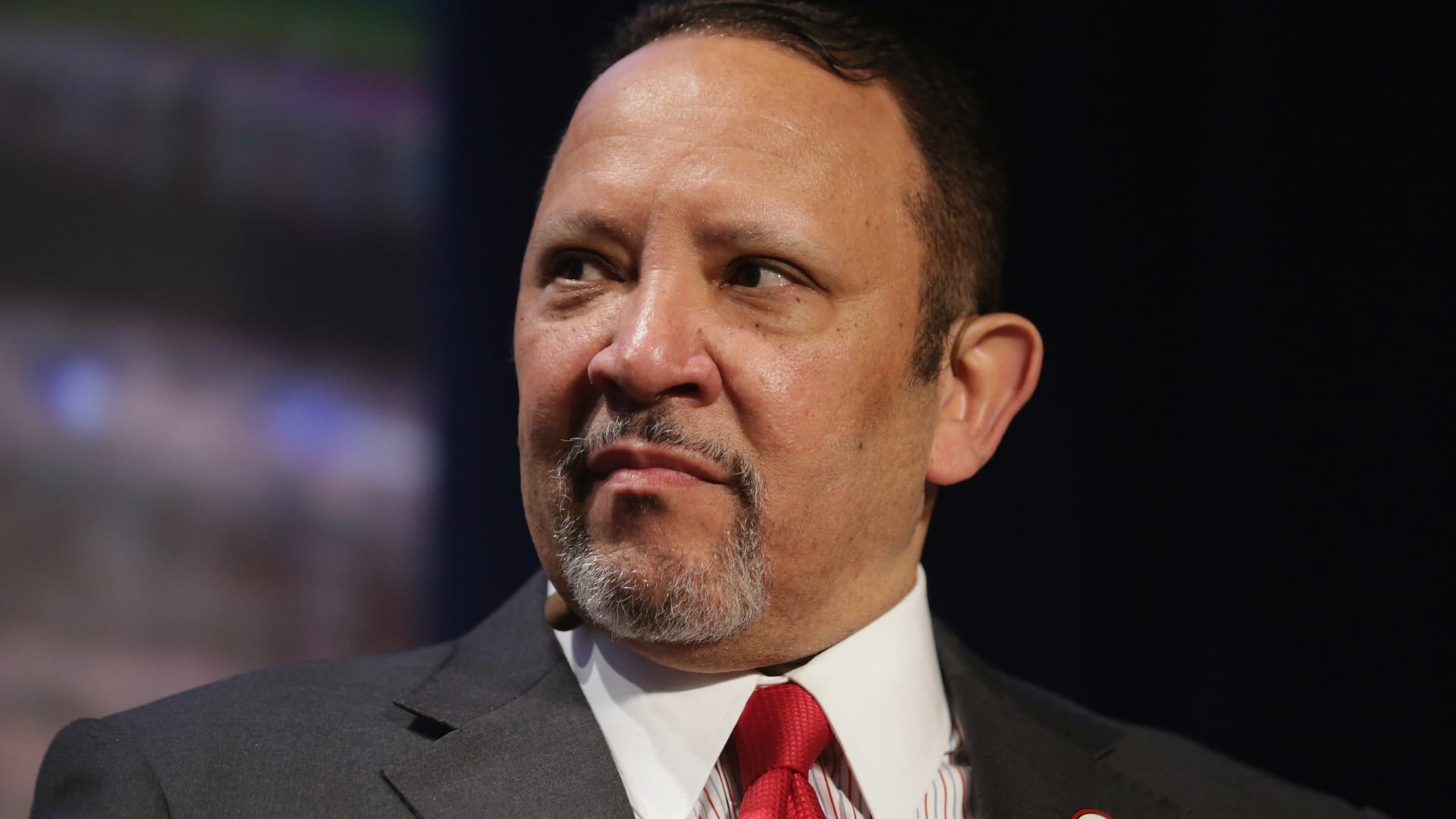National Urban League urges Twitter to reject Elon Musk’s bid over civil rights concerns

Twitter‘s board of directors should consider rejecting Elon Musk’s bid for the social media company because of the harm his ownership could have on users’ civil rights, said Marc Morial, president of the National Urban League.
In a letter on Monday to Twitter Chairman Bret Taylor, Morial said Musk has “expressed concerning views” around content moderation and free speech that are counter to the principles “of creating an online community that is safe for marginalized communities and protects our democracy.”
Morial urged Twitter’s board to consult with the civil rights community before making a decision on Musk’s offer, and he asked to meet with Taylor to further discuss his concerns.
“Without key protections and safeguards, much of the concerning activities that we see on Twitter, including white supremacist propaganda, racial and religious hatred, voter suppression through election disinformation, algorithmic bias and discrimination, and the hardening of our national discourse are likely to proliferate under Musk’s ownership,” Morial wrote. “The potential to negatively impact millions directly and our nation’s culture and democracy indirectly are exponential and should be part of your analysis in reviewing this — or any other — offer of purchase.”
Last week, Musk offered to buy Twitter for $54.20 a share, or about $43 billion. On Friday, Twitter adopted a limited duration shareholder rights plan, often referred to as a “poison pill,” in an effort to fend off a potential hostile takeover.
Musk, who’s CEO of Tesla and SpaceX, has amassed a more than 9% stake in Twitter in recent weeks. Soon after his stock ownership became public, Twitter’s CEO announced plans for Musk to join the board, but on the condition that Musk couldn’t buy more than 14.9% of the company. Musk then reversed course and instead made a bid to take Twitter private.
“I invested in Twitter as I believe in its potential to be the platform for free speech around the globe, and I believe free speech is a societal imperative for a functioning democracy,” Musk wrote in a letter sent to Taylor and disclosed in a securities filing. “However, since making my investment I now realize the company will neither thrive nor serve this societal imperative in its current form. Twitter needs to be transformed as a private company.”
Musk, who’s been known to attack journalists and others critical of him and his company, has an unclear definition of free speech.
“A good sign as to whether there’s free speech is: Is someone you don’t like allowed to say something you don’t like? And if that is the case, then we have free speech,” Musk said Thursday at the TED2022 conference in Vancouver.
Musk has referred to himself as a “free speech absolutist,” and said he thinks Twitter’s algorithm should be public so that users have greater control over the tweets they see in their news feed. He acknowledged there should be some content moderation, like around explicit calls to violence, and said “Twitter should match the laws of the country.”
Neither Twitter nor Musk immediately responded to a request for comment.
WATCH: Elon Musk can probably turn Twitter around, says private equity firm